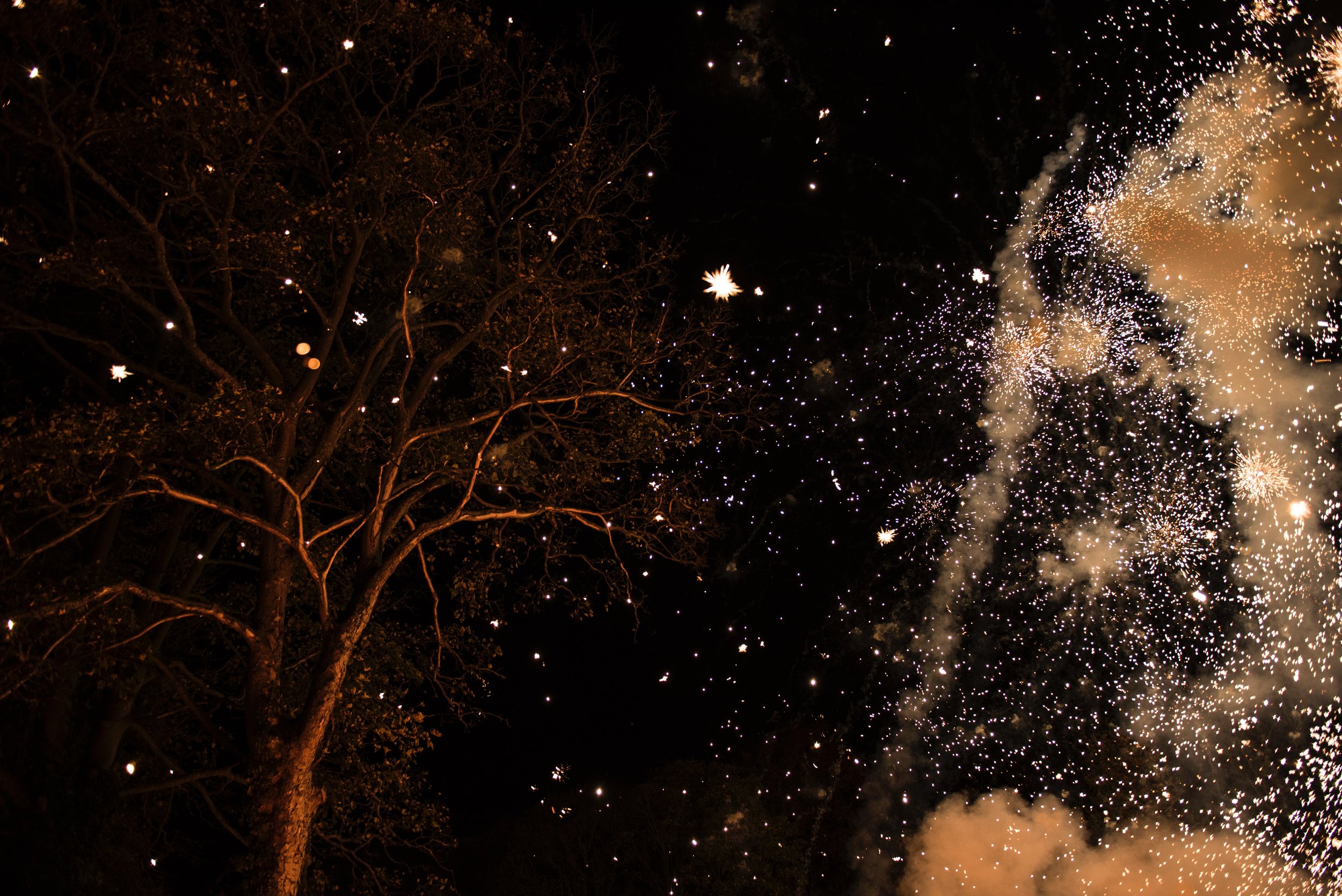
Introduction.
Libby Hart’s poetry crosses diverse cultural worlds and physical locations. She often incorporates emotional landscapes into these settings in order to convey the human condition, and her work has strong links to nature as a theme.
Hart’s first poetry collection, Fresh News from the Arctic, underpins her preoccupations around place, memory, history, culture and mythology. She also gravitates toward threads and linkages to create layers of meaning. This is best conveyed through the lyrical and narrative work This Floating World, which essentially celebrates how we are connected to all things.
In This Floating World, the almost book-length title poem acts as a cycle of voices or oral map of Ireland. The reader is guided through this invocation of place via the intimate soliloquies of people, ghosts, animals, landscape and ocean. The wind and the rain largely dictate the direction this journey takes.
Poet and academic Prof David McCooey, judge of the 38th Age Book of the Year awards (Dinny O’Hearn Poetry Prize), wrote of This Floating World: “Others have presented Ireland as ghost-haunted and watery, but Hart’s version of that seems entirely original. Her landscape is peopled by enigmatic loners, full of desire and suspicious of speech. Hart’s pared-back diction, powerful metaphors and sense of atmosphere all combine to make this a gripping collection”. [McCooey, D., ‘The Pick of the Crop’, The Age, Life & Style supplement, 6 August 2011, p. 26.]
Libby Hart’s third collection of poetry, Wild, contemplates our ties to, and experience with, the world around us. International in scope, Wild evokes notions of wonderment and wanderment chiefly via poems about animals, birds and migration (both human and nonhuman).
Wild was described by the judges of the 2015 New South Wales Premier’s Literary Awards (Assoc Prof Kim Chen Boey, Mr Peter Boyle and Dr Peter Minter) as a “powerful collection [that] is informed with the wonder and wild energy of a bestiary of familiar creatures made unfamiliar through Hart’s sinuous lyricism … Language in these poems works not simply as representation but as incantation, spell and offering”. [Boey, K. C. et al., 2015 New South Wales Premier’s Literary Awards Judges Report, State Library of New South Wales with Arts NSW, Sydney, 2015.]
In her most recent collection, Burn, Libby Hart confronts the emotional archaeology of the past and an Anthropocentric present. At the heart of this new collection is truth-telling and the act of honouring lived experience. Hart scrutinises power relationships, histories, trauma, vulnerability, strength, consequences and smouldering desires with a steadfast gaze. Burn is a passionate lament that bears witness to what illuminates and what destroys.